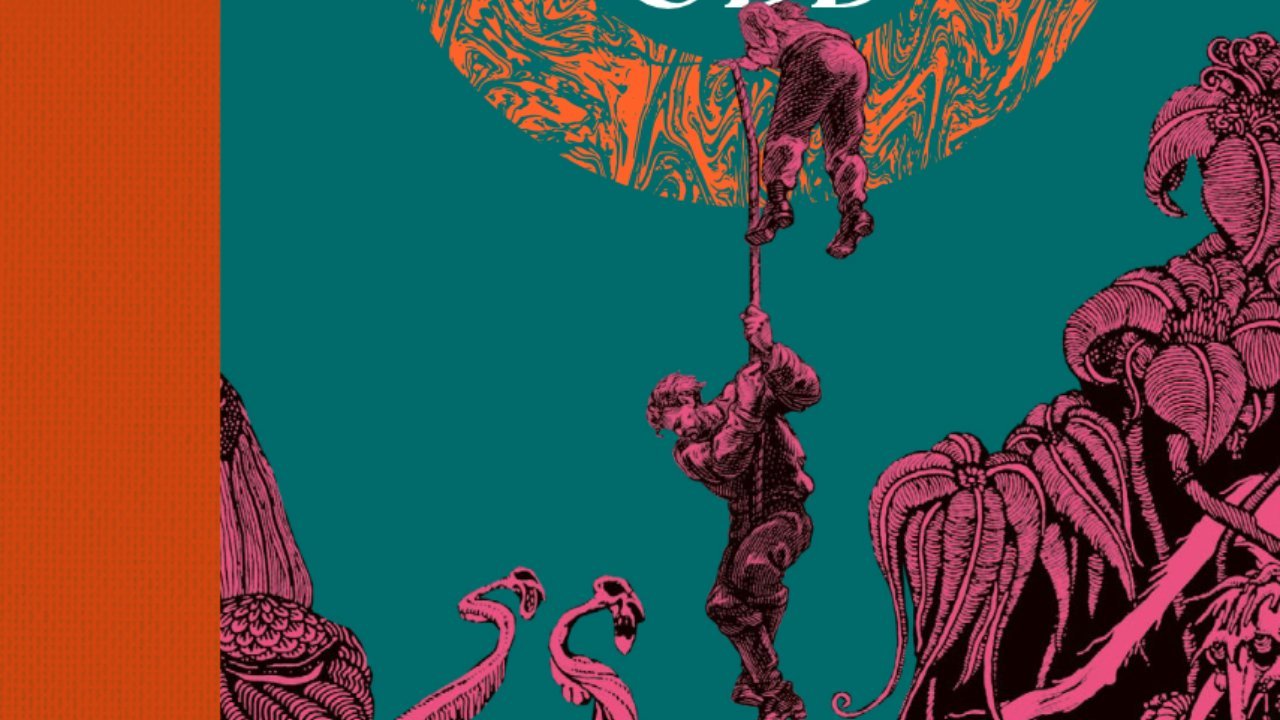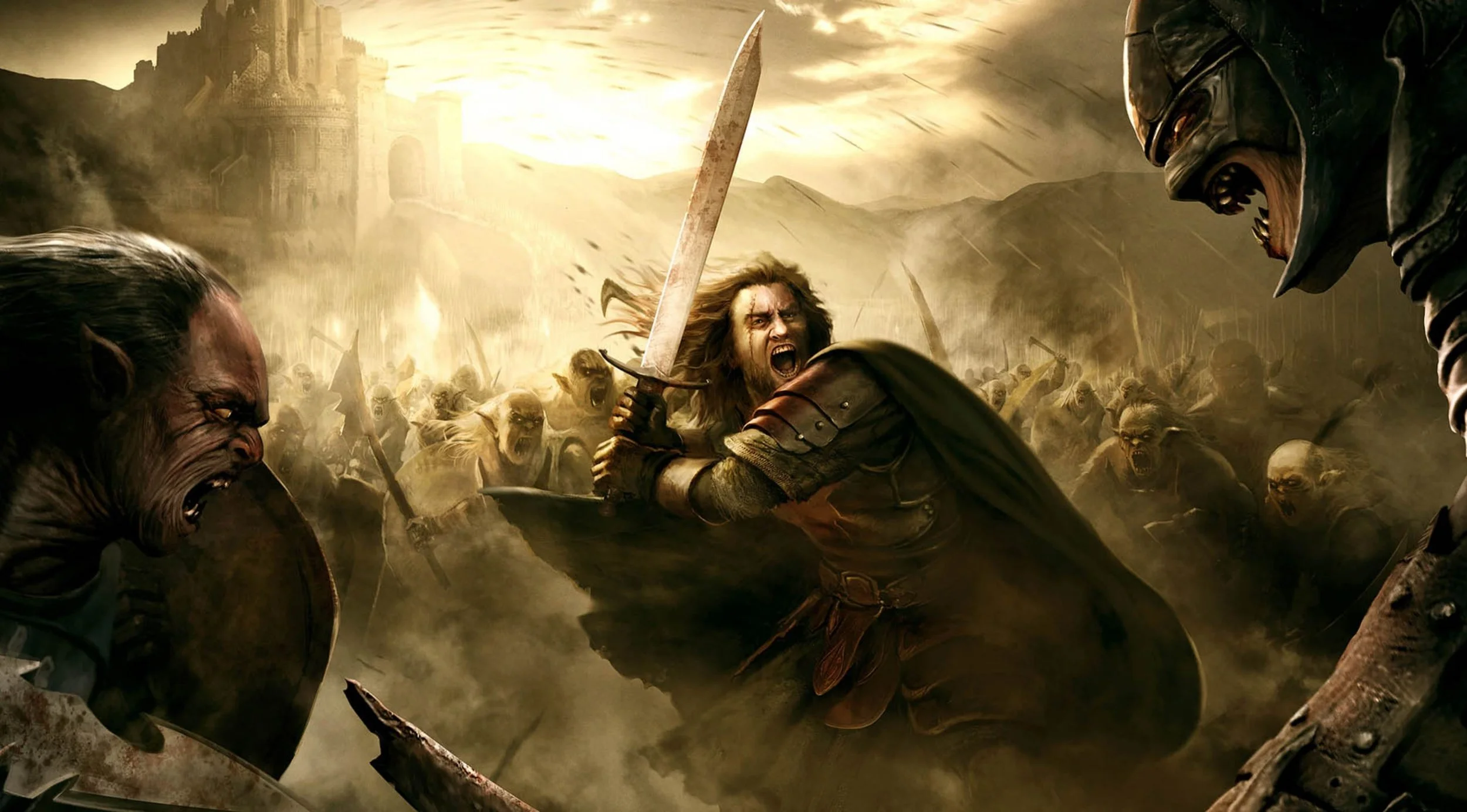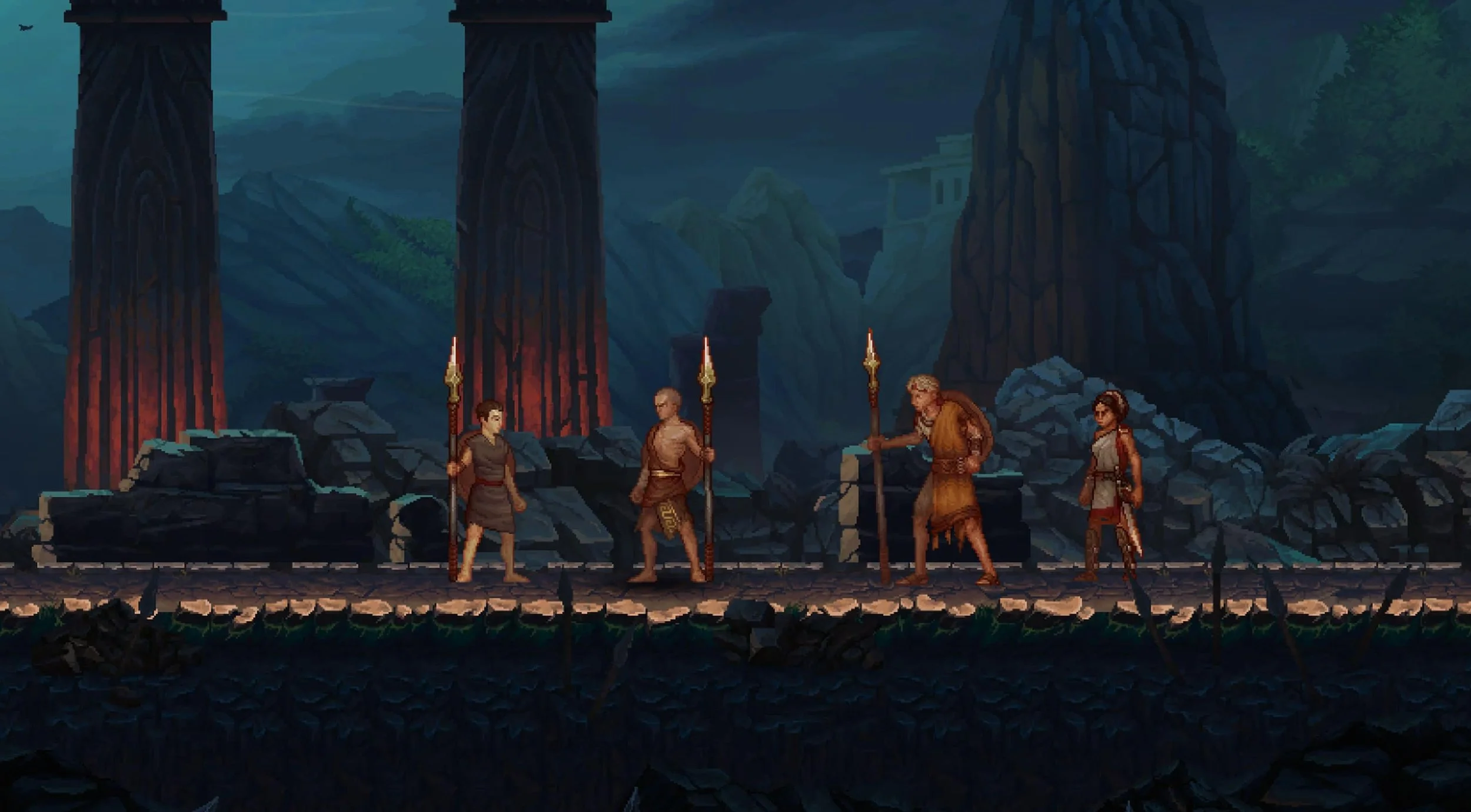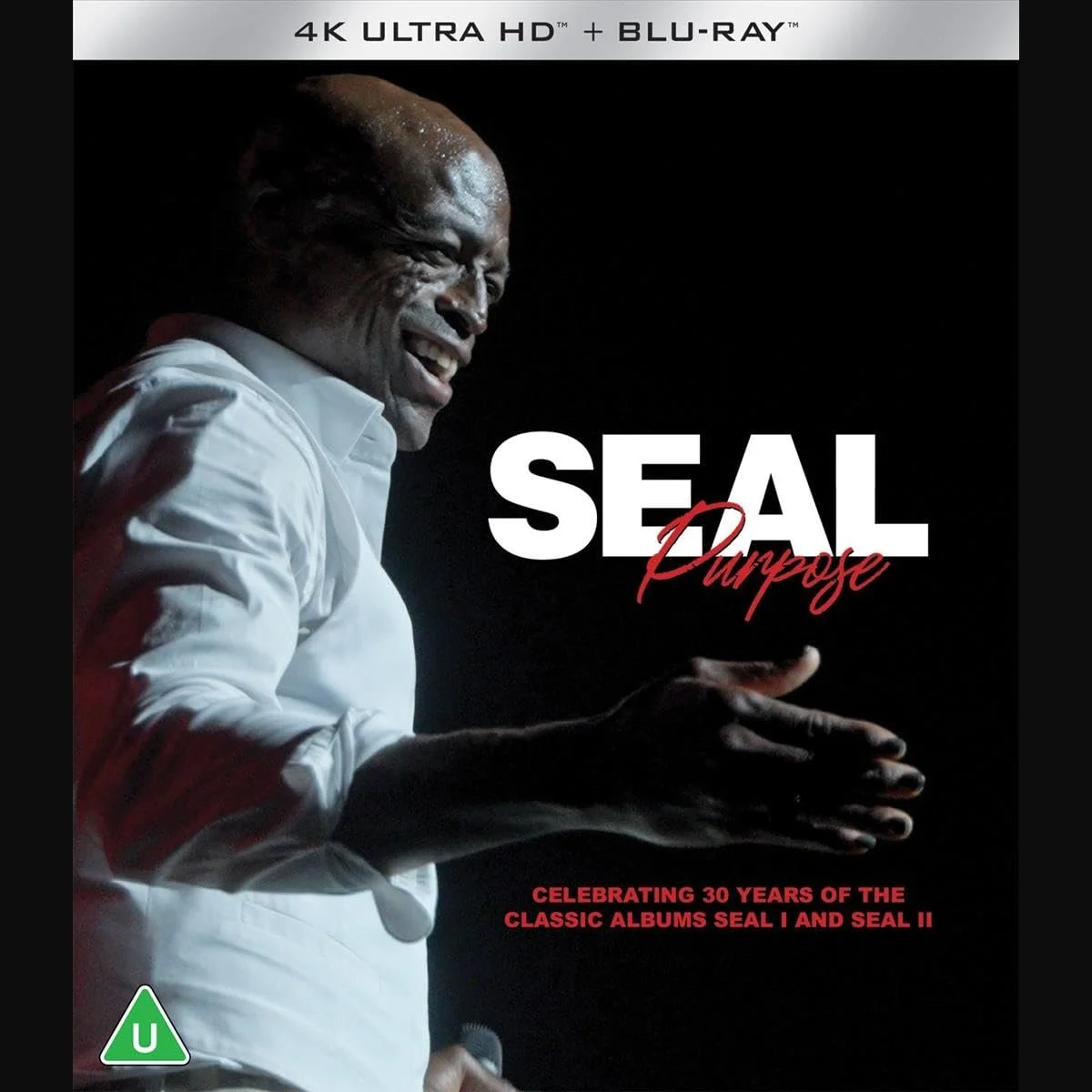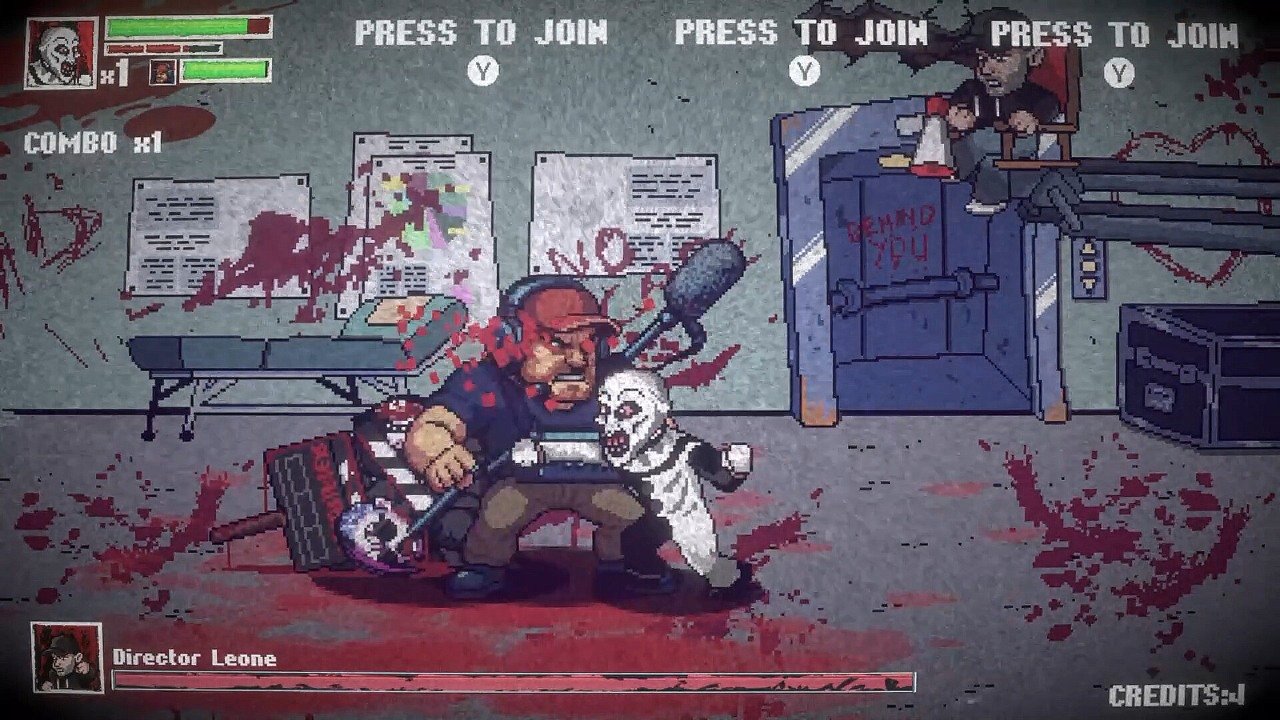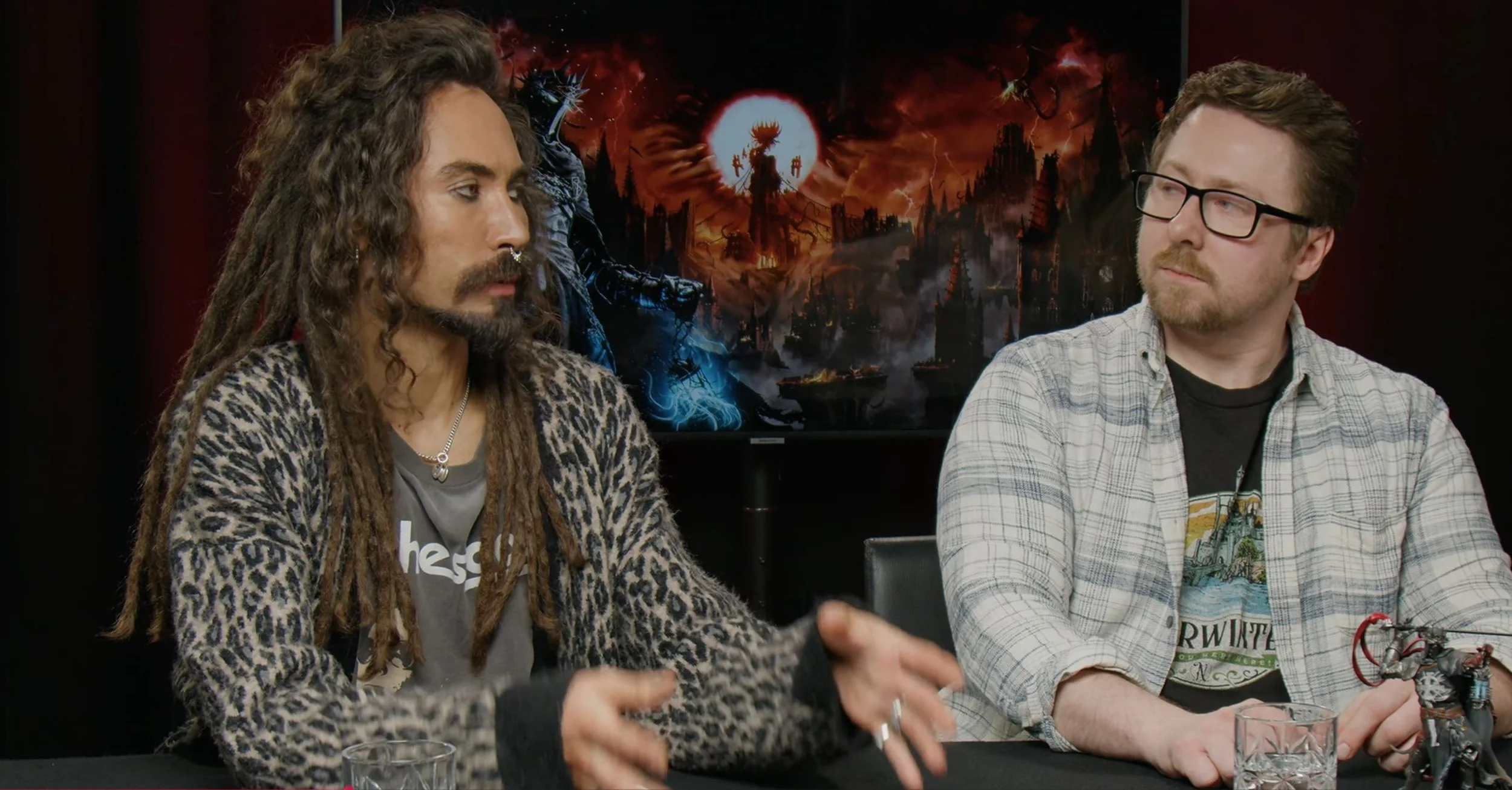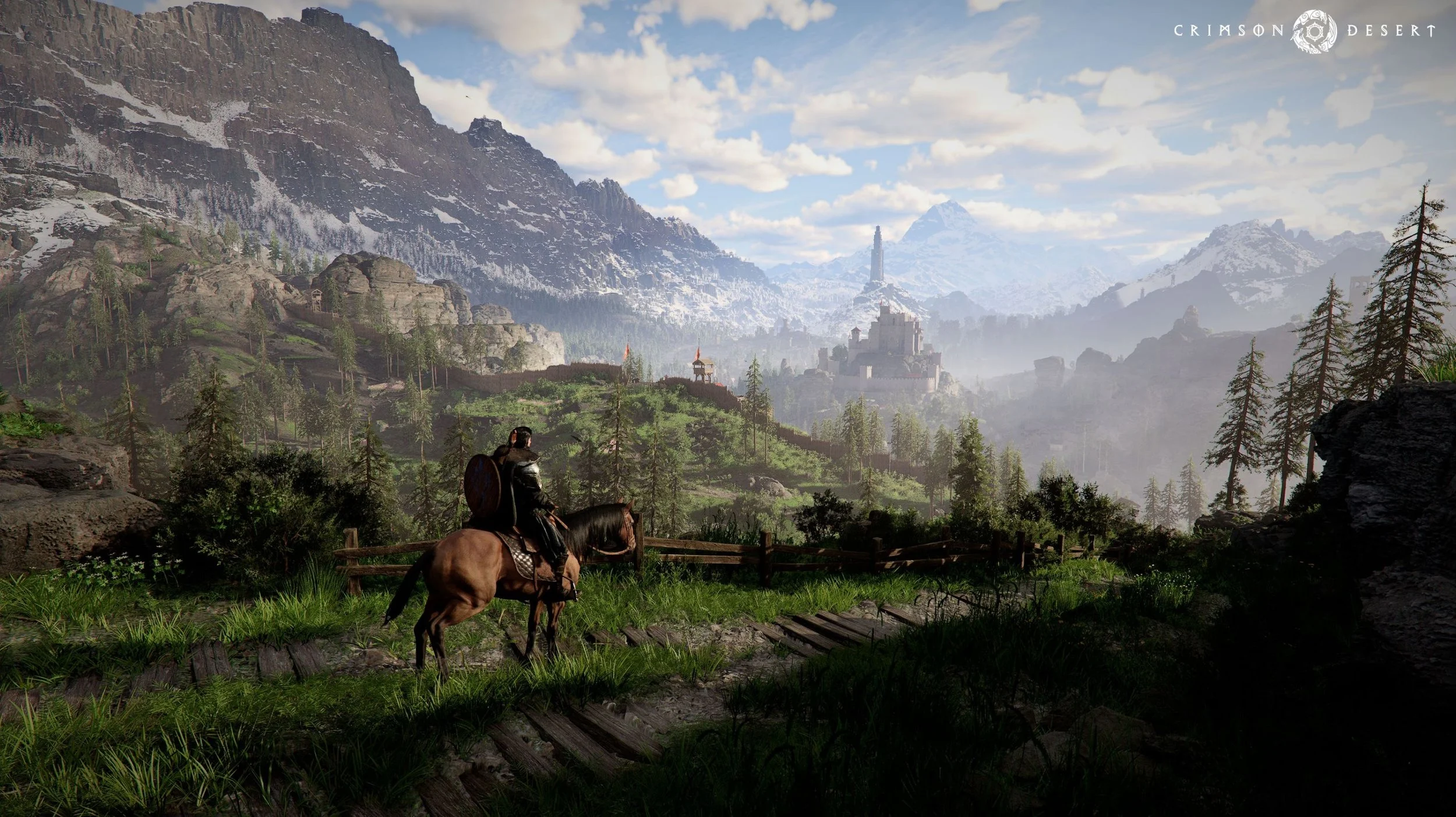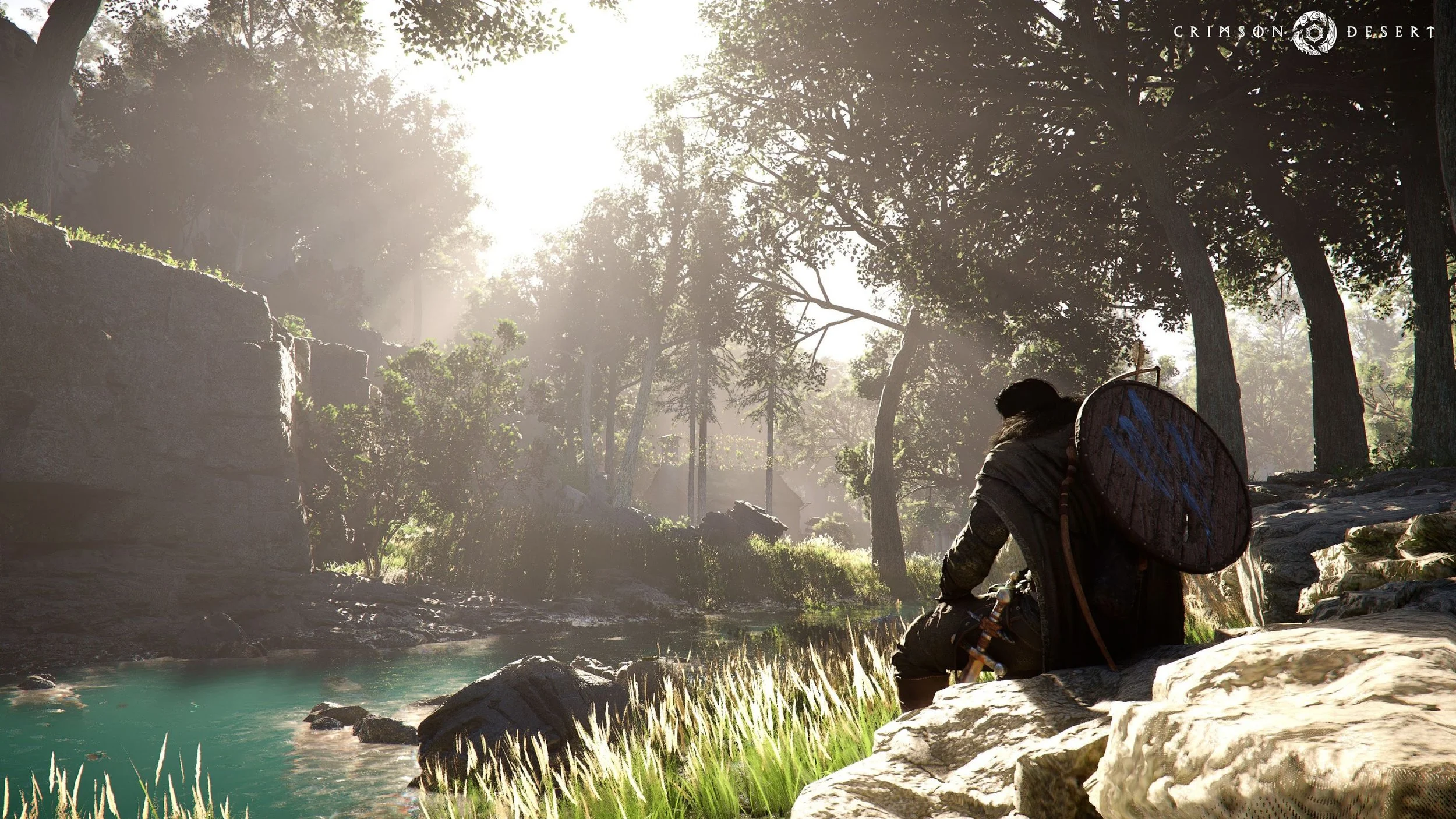TTRPG Provided by Free League Publishing
Whether you are new to the world of tabletop role-playing games or you are looking for some new options outside of the usual Dungeons & Dragons or Pathfinder options, getting into an unknown game can sometimes be difficult. With so many different options available, it can be hard to decide where to start. I always find that running a one-shot in a new environment is the best way to test it out and see how much I like it before committing to a full campaign.
Now that I have recently been given the opportunity to try out a handful of new options, I wanted to start sharing about what they have to offer. The first one of which is Into The Odd. This title was recently remastered and is available on Drive Thru RPG by Free League Publishing. The premise is fairly straightforward: Bastion is the only city that matters. In its industrial age, it sits as the smoke-shrouded hub of mankind, surrounded by a world of lurking horrors and cosmic interference. The Underground spreads beneath our feet and the stars loom above. You are an Explorer, braving places too far for maps and too old for records. Your expeditions touch the bizarre, wondrous, and horrific. You search for riches, but also Arcana, mysterious devices with unnatural powers.
Understanding Gameplay
This game plays like a series of one-shots that string together to make a full story. Rather than having full breakdowns and reasoning before heading somewhere, the game master - referred to as the ‘Referee’ in this game - provides any story reasoning they want to bring the players into the area. There is a traveling section and a handful of dungeons. They give you a suggested order to attack each of these first as they label them as Level 1, 2, and 3.
Each level is essentially a dungeon, aside from the traveling Marsh area. These dungeons can be done in a single session, or for those running shorter sessions it shouldn’t take more than three sessions. Character progression to new areas is met with Luck Rolls on a d6. This will state whether or not something random attacks or a random clue is found. For traveling sessions, they are set up as a map of hexes with each hex holds its own challenge. Players can travel 3 hexes per day.
While all these levels are designed as a one-shot experience, players may use the same characters to level them up and gain more experience. Setting up a character is as easy as rolling 3d6 for each ability (Strength, Dexterity, and Willpower) and rolling 1d6 for health points (HP). From there, you take your highest ability score and your HP to the starter pack chart to see starting equipment.
Bare in mind, characters can lose their ability score points. If their strength ever reaches zero, they are dead. However, if their dexterity or willpower reaches zero, they are paralyzed and/or mentally broken and must take a long rest. Characters deprived of food, water, or warmth do not benefit from rests though, so there is a survival mechanic to the game. In better news, when characters increase their experience levels, they roll a d20 for each ability and if it is higher than their current ability score then it goes up by 1. The experience levels are descriptive of what specifically is required for a player to level up. The starting rank is Novice and from there it goes to Professional, then Expert, then Veteran, then Master, and then Beyond.
Combat is a bit interesting because there simply are no attack roles. Actions simply do damage to their target, but it is Damage Die minus Target Armor = Total Damage. So if they roll their weapon’s damage die and get a 3 and the target has an armor level of 3, they do no damage. If they were to roll a 5 and the target has an armor level of 2, the remaining 3 would go to the target’s Strength stat.
All characters can use any weapon or Arcana, but some Arcana options are costly. There is a full list that tells you of all the different Arcana options, what experience level they should be to use that Arcana, and their costs to use them. When a player gets reduced to zero HP, they are considered critically wounded. This character must be tended to by an ally within an hour or they die - or they can take a short rest if in the clear.
Rewarding The Players
When missions are completed, it is always nice to get a reward after all the hard work. So, if you plan to give them funding, money is simply Copper and Gold. It can be broken down where 100 Copper = 1 Gold, or perhaps 10 Copper can buy a round of beer for the party. There are ships and useful assets such as Cannons, Houses, Factories, Galleons, Warships, and so on. While the values of each of these items are drastically variant, it might not be outlandish to provide something of the sort for your players.
Players can also start an enterprise to attempt to make money through business, but each month they roll a d4 for gold profit and a d4 for gold losses through threat and needs. As the enterprise grows, the die value grows, but the same die value is used for both profit and loss. Perhaps setting them up with their first business and giving them an edge on the profit side might be a nice way to role-play inside the world you are in while letting players earn their own cool gear.

